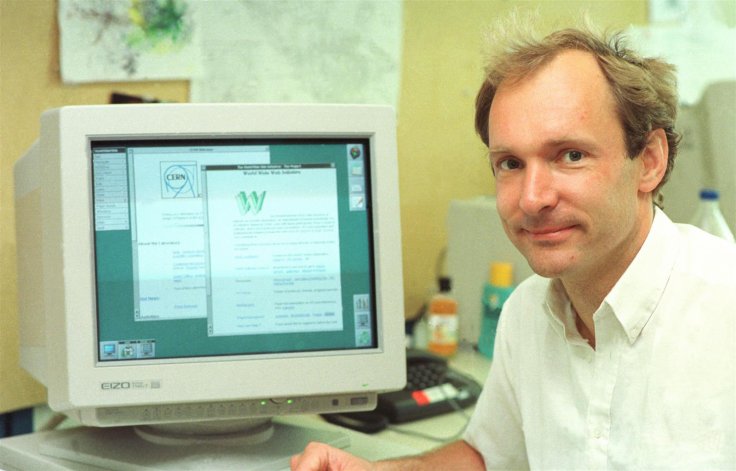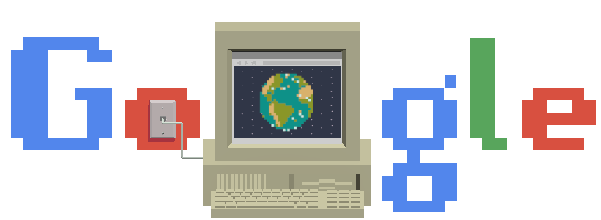
Thirty years ago, a young computer expert working at CERN came up with an idea to access information with a desire for broad connectivity and openness. His idea became the World Wide Web and its birthplace CERN is celebrating the 30th anniversary of this revolutionary invention with a special day on Tuesday, 12 March, 2019. Watch it live here: https://web30.web.cern.ch/
In March 1989, CERN scientist Sir Tim Berners-Lee wrote his first proposal for an internet-based hypertext system to link and access information across different computers and in November 1990, this "web of information nodes in which the user can browse at will" took a concrete shape as a proposal, "WorldWideWeb: Proposal for a HyperText Project".
"Suppose all the information stored on computers everywhere were linked. Suppose I could program my computer to create a space in which everything could be linked to everything," explained Tim Berners-Lee, inventor of the World Wide Web at the time of his proposal. Soon, his colleague Robert Cailliau too chipped in and by Christmas that year, they had implemented key components, namely html, http and URL, and created the first Web server, browser and editor (WorldWideWeb).
By 30 April 1993, CERN released the latest version of the WWW software into the public domain and made it freely available for anyone to use and improve, thus kicking off a new revolution in the history of mankind. It encouraged the Web to transform society and in the last 30 years, half of the world's population is online, and close to 2 billion websites exist.
Why was it made open-source?
Openness has been part of CERN's culture ever since its Convention was signed in 1953 to promote the distribution and open sharing of software, technology, publications and data, through initiatives such as open source software, open hardware, open access publishing and the CERN Open Data Portal.
Speaking at an event to celebrate the 30-year completion of WWW, CERN Director-General, Fabiola Gianotti said, "The Web's invention has transformed our world, and continues to show how fundamental research fuels innovation. CERN's culture of openness was a key factor in the Laboratory's decision in 1993 to make the web available free to everybody, a key step in its development and subsequent spread."
On the morning of 12 March, the Web@30 event is being held at CERN and Google has already put out a Google Doodle on its search page, kicking off celebrations around the world. Sir Tim Berners-Lee, Robert Cailliau and other Web pioneers and experts will share their views on the challenges and opportunities brought by the Web at the event. Two organisations founded by Berners-Lee: the World Wide Web Foundation and the World Wide Web Consortium (W3C) will be part of it.

CERN has also organised a hackathon from February 11 to 15, 2019 to recreate the first browser (WorldWideWeb) using current technology, as part of a project to preserve some of the digital assets associated with the birth of the Web. Previously, CERN promoted the restoration of the first ever website and the line-mode browser. See the video released by CERN here:








